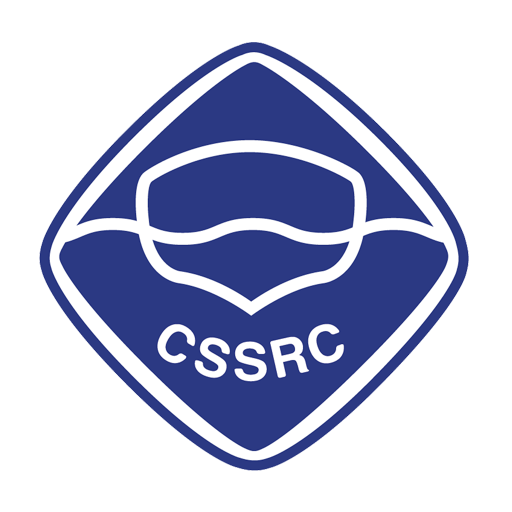Aims and Scope
The Journal of Hydrodynamics reflects the research activities in various areas of hydrodynamics related to ocean and ship engineering, environmental engineering, water conservancy and hydropower engineering, energy exploration, ocean and environmental engineering, and chemical engineering. These cover ship hydrodynamics, wave load and fluid-solid interactions, turbulence and boundary layer, cavitating flow and cavitation mechanics, multi-phase flow, pipe flow and open ditch flow, convection and diffusion, heat and mass transfer, bio-fluid mechanics, permeation fluid mechanics and other frontier disciplines. The journal presents the latest achievements in developing physical models and computational methods, theoretical and experimental studies, software development and test technologies. It offers a platform for exchanging experiences and information, enlivening academic thoughts and promoting the further development of hydrodynamic research and its applications in China and elsewhere.
This journal started in 1989 and now is bi-monthly published. From 2006, Elsevier issues the full text of the journal in PDF on the ScienceDirect. From 2018, Springer issues the full text of the journal in PDF on the Springerlink. Each article has a unique Digital Object Identifier (DOI). The articles in the journal are also indexed by the Science Citation Index Expanded (SCI-E) in the Web of Sciences and the Compendex (EI) in the Engineering Village.
Websites
For more up-to-date information about this journal, please refer to
http://www.springer.com/journal/42241
To download the full-text articles in PDF, please browse the web at
https://link.springer.com/journal/42241
Guide for authors
Original research articles, reviews and letters to the editor will be considered for publication.
Manuscript should be written in good English. Poor writing may cause direct rejection or additional charge for language proofreading.
The family names of all the authors should be written in capital letters. Chinese authors are suggested to provide their Chinese names in parentheses. A short biography of the first author (including the birth year, gender, and professional title) and the email addresses of the first and the corresponding authors are required in the footnote of the first page.
The title should be concise but informative. The abstract is usually with 300 words, and should state briefly the purpose, the method, the principal results and major conclusions. At most 6 keywords are required. In the introduction, the objectives of the work and an adequate background should be fully provided. In the main body, the previously reported results and the new outputs of the present paper should be clearly stated. Abbreviations must be defined at their first mention there. At least 15 references with full information appear in the order of citation. Unpublished results are not recommended in the reference list. Recent references in the past five years are usually at the ratio of at least one-third.
Submission
Prospective authors may submit manuscripts online via the Editorial Manager (EM) at http://www.editorialmanager.com/IJHD.
The corresponding author is encouraged to suggest two overseas potential reviewers for the executive editorial committee’s consideration.
Final decision on a submitted manuscript will be made with at most five months. For questions on submission and reviewing process, one can contact the editorial office at jhdzhou@aliyun.com.

